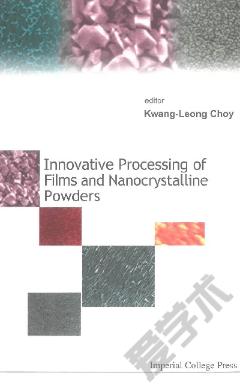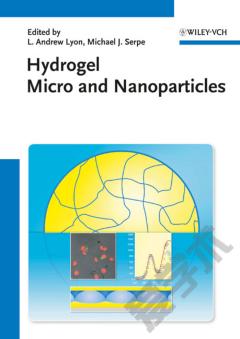Nano and Micro-Crystalline Diamond Films and Powders
Nano and micro-crystalline diamond films and powders exhibit a plethora of unique optical, electrical, photoelectrical, thermal and mechanical properties, which make these materials to be a choice for various applications: from the traditional jewelry industry to prospective particle detectors in high-energy physics and sophisticated quantum computers. In spite of several decades of intensive studies and outstanding achievements, interrelations in between structural and morphological characteristics of such materials on the one side, and their macroscopic (e.g. optical, photoelectrical and electrical) parameters on another side, are still far from comprehensive understanding. This mainly originates from the fact that well-developed formalism of physics of perfectly periodic single-crystalline material is not applicable straightforwardly to quantitative descriptions of polycrystalline materials, especially when corresponding grain sizes become of the order of nanometers. Periodic atomic arrangements in such materials are obviously violated both on the grain boundaries, as well as due to the existence of internal strain and thermally induced disorder within the grain volumes.This book summarizes recent results on experimental and theoretical investigations of single-electron spectrum (fifth section), optical (sixths section), photoelectrical and electrical (both DC and AC) characteristics (seventh section) of polycrystalline diamond films and powders with various shapes and average sizes (from nano-meters to microns) of polycrystalline grains. In particular, effects of deposition techniques and regimes, substrate natures, their crystalline orientations and treatments on processes of morphology (i.e. shape and sizes) formation at synthesis of the poly-crystalline diamond films and powders, are considered.
{{comment.content}}








 京公网安备 11010802027623号
京公网安备 11010802027623号